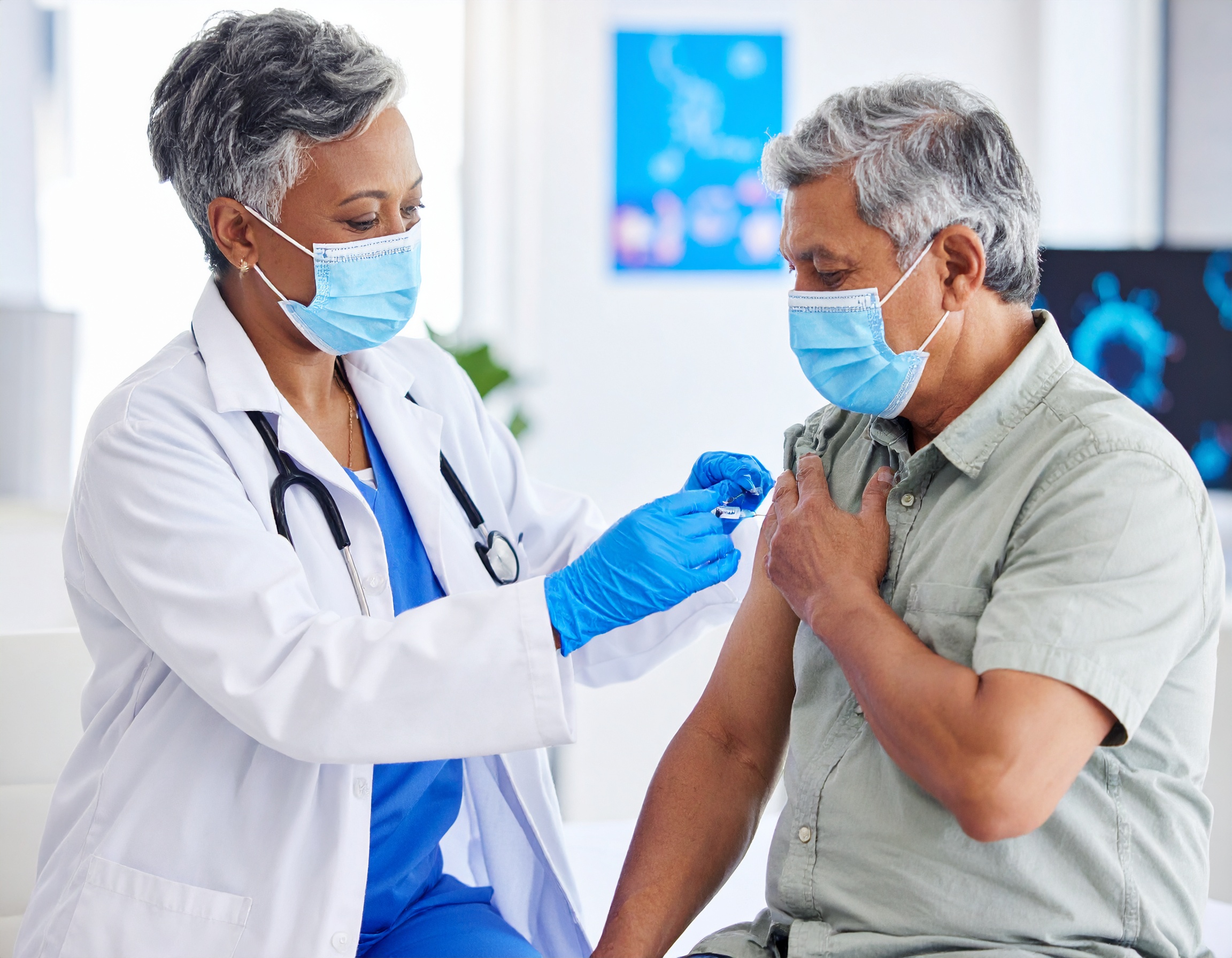Rise in MRSA Cases in the UK Sparks Urgent Call for Awareness and Prevention

The UK has seen a significant increase in cases of MRSA (meticillin-resistant Staphylococcus aureus) outside hospital settings, prompting health experts to urge the public to adopt stricter hygiene practices. Recent figures from the UK Health Security Agency (UKHSA) reveal that 175 people contracted MRSA in the community between January and March this year – a 47 per cent rise compared with 119 cases over the same period in 2019.
Alarmingly, MRSA is affecting younger populations. Nearly a quarter of community-onset cases in 2023–24 were recorded in individuals under 45, compared to just one in ten between 2007 and 2008. While UKHSA notes it is “too early” to determine if this trend will continue, infection rates are being closely monitored.
What is MRSA?
MRSA is a strain of the common Staphylococcus aureus bacteria that is resistant to meticillin and other standard antibiotics. While S. aureus normally resides harmlessly on the skin and mucous membranes, it can cause serious infections if it enters the body through cuts, surgical wounds, or medical procedures. MRSA infections can range from skin irritations and abscesses to life-threatening bloodstream infections, pneumonia, and joint infections.
Recognising the Symptoms
MRSA can often be present on the skin without causing any symptoms. When it does trigger an infection, early detection is crucial. Symptoms of a skin infection may include:
- Painful, swollen or warm patches of skin
- Redness (which can be harder to notice on darker skin tones)
- Pus or fluid oozing from the affected area
If MRSA spreads deeper, more severe symptoms may develop, such as:
- High temperature and chills
- Dizziness or confusion
- Difficulty breathing
Treatment Options
Treatment for MRSA depends on the infection’s severity. Mild cases can be managed with oral antibiotics, while more serious infections may require hospital-based treatment, including intravenous antibiotics or surgery to drain abscesses. Treatment courses can last from several days to several months, depending on the infection.
Preventing MRSA in the Community and Healthcare Settings
Prevention remains the most effective strategy. The NHS recommends the following measures to reduce the risk of MRSA infection:
- Frequent handwashing and use of sanitiser
- Avoid sharing personal items, such as towels or razors, especially in gyms or leisure centres
- Keeping cuts and wounds clean and covered
Hospital patients may undergo MRSA screening before surgery, with swabs taken from the nostrils, mouth, or groin. If detected, antibacterial creams, body washes, and shampoos are used to clear the bacteria prior to procedures.
Who is Most at Risk?
While MRSA can affect anyone, certain groups face a higher risk, including people with weakened immune systems, those undergoing chemotherapy or living with conditions like HIV, and individuals with surgical wounds, burns, or intravenous drips.
UKHSA emphasises that, although most MRSA infections can be treated, resistant strains present a growing challenge. Public awareness, good hygiene practices, and ongoing monitoring are essential to curb the spread of this dangerous superbug in the UK.

